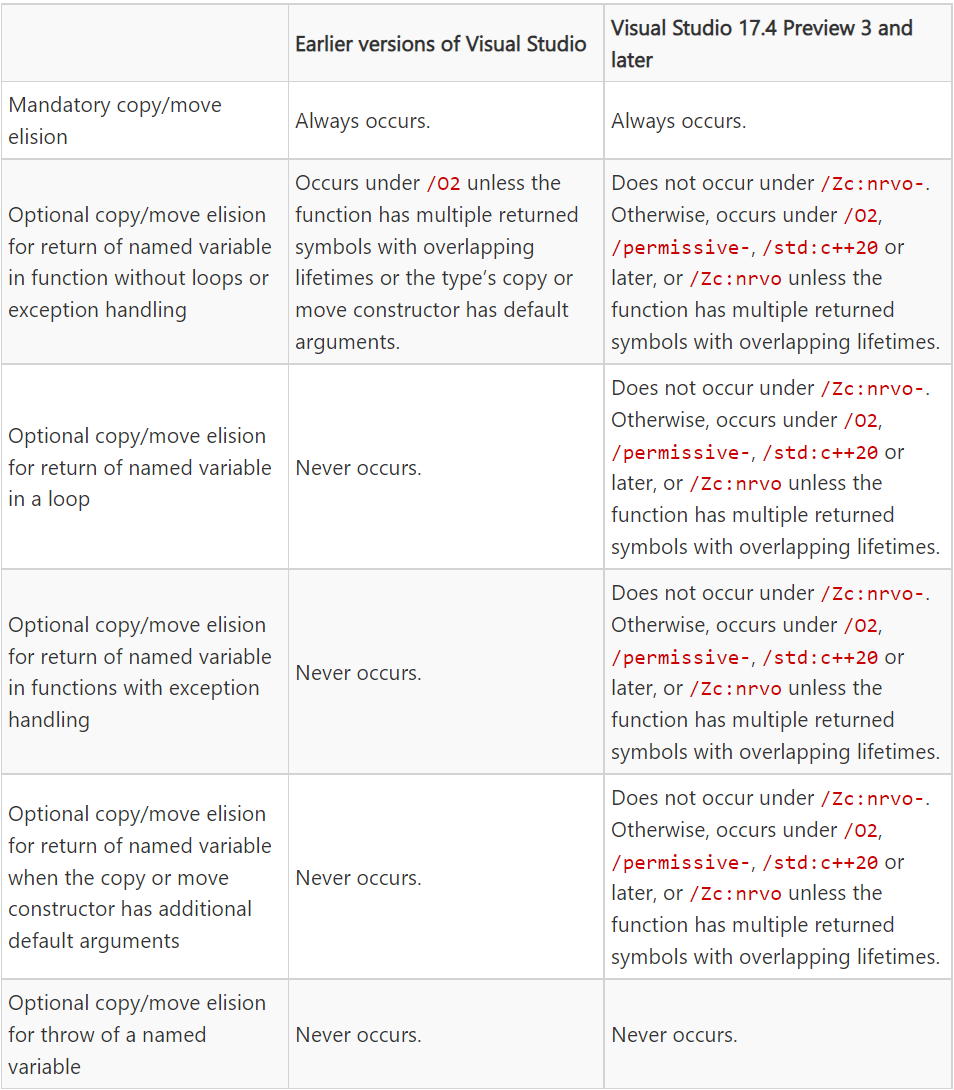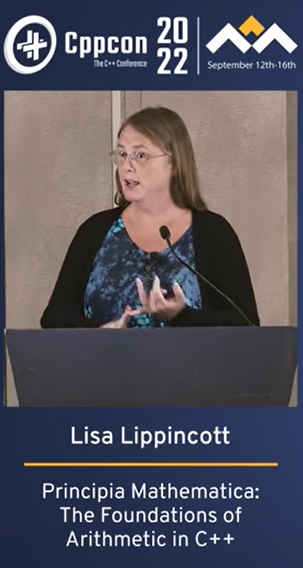FOSSA is announcing the GA of a security and license scanning capability for C and C++ projects
FOSSA was founded to provide the most relevant and real-time end-to-end governance for all third-party code. They now announce the general availability of C and C++ Security and License Scanning
Announcing the GA of C and C++ Security and License Scanning
By Gauthami Polasani
From the article:
Unlike other C/C++ scanning tools, FOSSA does not take a one-solution-fits-all approach to dependency identification in such a complex and layered ecosystem. FOSSA uses multi-pronged strategies (as described below) to accurately identify dependencies and surface security and license risks — regardless of how the code is included.).

 From the MSVC team blog:
From the MSVC team blog:
 A new CppCon 2022 keynote video is available:
A new CppCon 2022 keynote video is available: Hot off the press from CppCon:
Hot off the press from CppCon: